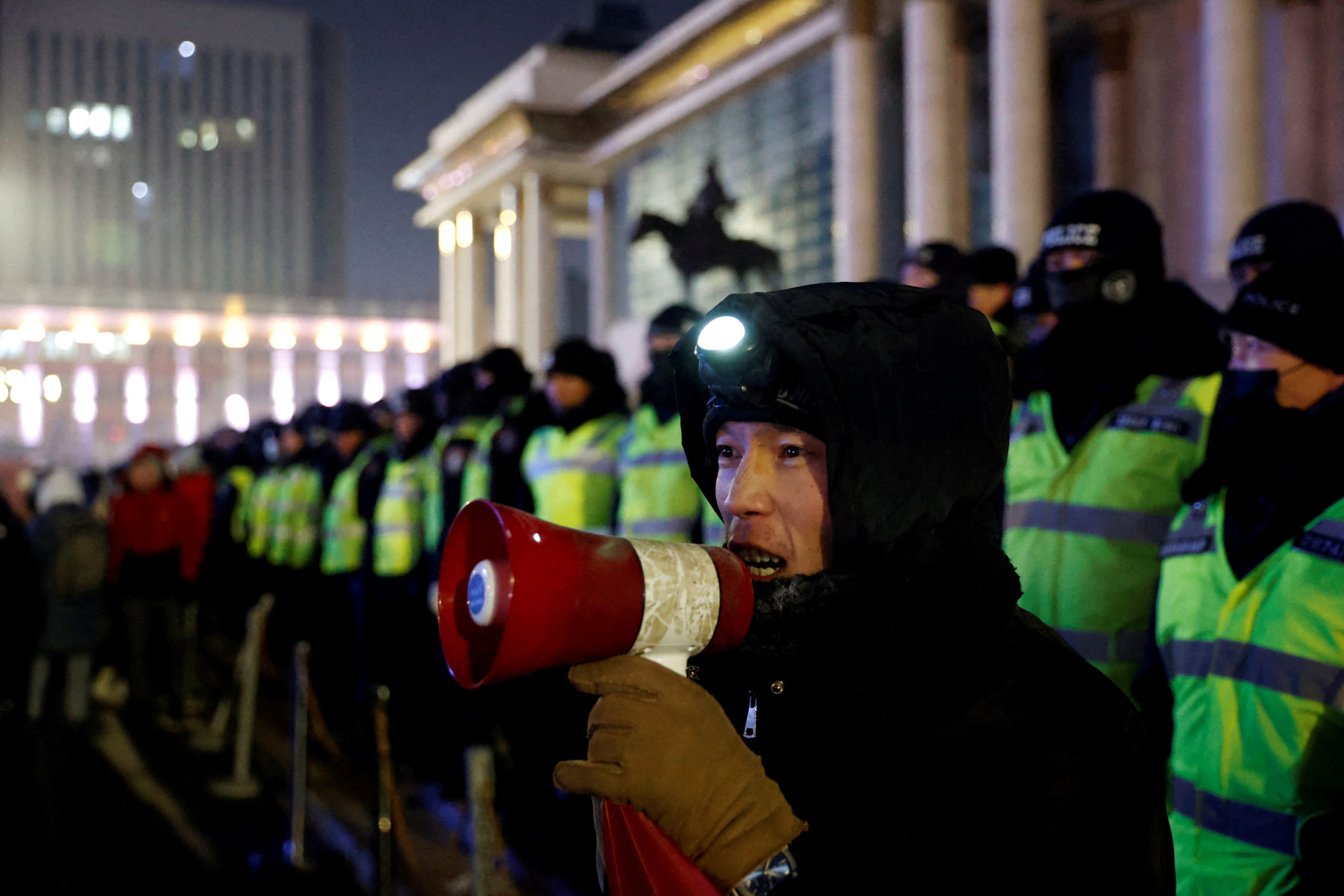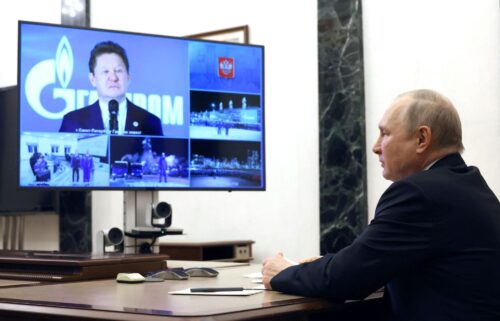Mongolian coal anti-corruption protests draw the attention of Beijing and Moscow
Somebody stole mountains of Mongolian coal just near the country’s border with China, suggesting Sino-Russian tensions to come.

In an under-the-radar but potentially very important development, Mongolian citizens have braved freezing cold temperatures in the capital, Ulaanbaatar, to protest the apparent theft of at least 385,000 tons of coal at the border with China over the last six years. According to some reports, the theft could total approximately $120 million, or nearly 1% of Mongolia’s GDP. The country is home to about 3.3 million people, with GDP per capita of about $4,500.
The protests could prove very difficult to handle for both Beijing and Moscow. Both capitals are famously hostile to protest movements — particularly in the “near abroad,” fearful of so-called “color revolutions” — and as a rule, believe or purport to believe that any pro-democracy movements along their borders are stimulated or even directed by Western security services.
In addition to their fears that protests could metastasize over the border, both Beijing and Moscow have sharply different interests in Mongolia. While Moscow controlled Mongolia in the Soviet era, its influence in the country has been rapidly displaced by China. According to UN Comtrade, China accounted for nearly 62% of Mongolia’s foreign trade in 2021, and nearly 83% of its exports. China also supplied the overwhelming majority of Mongolia’s COVID vaccines.
Chinese and Russian interests do not necessarily align in Mongolia, especially over the long term. Mongolia has outstanding solar and wind potential, which could be used to supply China’s electricity needs. Moreover, since co-located solar and wind resources are ideal for green hydrogen electrolyzer economics, Mongolia could export zero-emission hydrogen to Chinese industrial offtakers in refineries, ammonia, steel, cement, and more (though it will take time, probably over a decade, before Mongolia will become a significant green hydrogen exporter). Still, any renewable electricity or green hydrogen exports from Mongolia will reduce China’s needs for imports of Russian natural gas.
There is also some potential evidence of competition between Beijing and Moscow in Mongolia. In May 2021, two Mongolian intelligence officers were reportedly sentenced to 14 years in prison for passing information to Russian security services. Mongolian counterintelligence might have uncovered a Russian spy ring using their own methods, then decided to publicize the arrest. On the other hand, there is a relatively high probability that it has received “friendly” advice and encouragement from Chinese security services.
Despite their potentially divergent long-term interests in Mongolia, both Moscow and Beijing will seek to ensure that the protests do not damage their bilateral relationship. While Mongolia may become increasingly important for Chinese economic and energy security goals over the long term, it is not yet a primary theater for either Beijing or Moscow. Moreover, both sides share an interest in suppressing protest movements, particularly ones along their borders. The protests are worth watching carefully, but are unlikely to significantly impact the strength of the Beijing-Moscow axis in the near term.
Chinese refiners not complying with Western price caps on Russian crude
In other Sino-Russian news, Western countries have tried to encourage — or pressure — Chinese refineries to comply with a price cap on Russian crude oil imports. China has still not complied with the cap and shows no signs of doing so, as traders report that they are doing business as usual. When asked by Russian state media about the price caps, the Chinese Foreign Ministry responded that “energy cooperation between China and Russia is always conducted in the spirit of mutual respect and mutual benefit.”
Still, there is some initial evidence that the price caps are having a limited impact. With China buying Russian oil at discounts not seen in months, the price caps may be giving Chinese buyers more leverage in negotiations, pressuring Russian export earnings from crude oil. However, China’s potential softening of COVID-related mobility restrictions will likely support crude prices and Russian export earnings.






